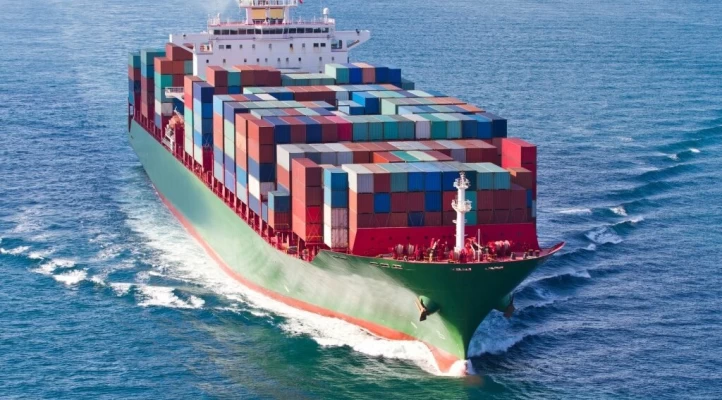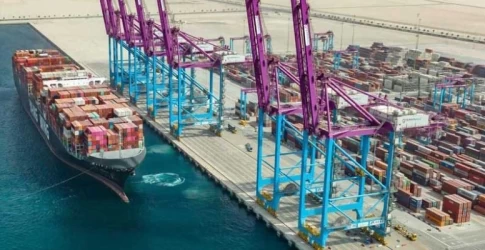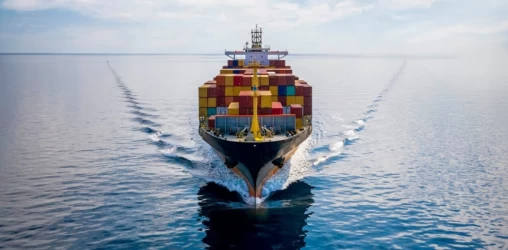Common Terms in International Shipping
International shipping involves a complex web of terms and acronyms that can be daunting for newcomers. Understanding these terms is crucial for smooth and efficient shipping operations. Here’s a comprehensive guide to some of the most common terms used in international shipping:
1. Air Waybill (AWB)
An Air Waybill is a document that serves as a contract between the shipper and the carrier. It includes details about the shipment, such as the shipping and receiving addresses, contact information, tracking number, contents, size, and weight. It is used primarily for air shipments.
2. Bill of Lading (BOL)
A Bill of Lading is a legal document issued by a carrier to a shipper, detailing the type, quantity, and destination of the goods being carried. It serves as a shipment receipt when the carrier delivers the goods at the predetermined destination. There are different types of Bills of Lading, including straight, order, and bearer.
3. Certificate of Origin (CO)
This document certifies the country in which the goods were manufactured. It is required by customs authorities in the importing country to determine the duties and taxes applicable to the shipment. The Certificate of Origin must be notarized by a local chamber of commerce.
4. Commercial Invoice (CI)
A Commercial Invoice is a document prepared by the exporter that provides details about the goods being shipped, including their value, quantity, and the addresses of the shipper and receiver. It is used by customs authorities to assess duties and taxes.
5. Customs
Customs refers to the government agency responsible for regulating shipments entering or leaving a country. This includes the collection of duties and taxes, as well as the enforcement of import and export regulations.
6. Incoterms
Incoterms are a set of international rules published by the International Chamber of Commerce (ICC) that define the responsibilities of sellers and buyers for the delivery of goods under sales contracts. Some common Incoterms include:
- EXW (Ex Works): The seller makes the goods available at their premises. The buyer bears all costs and risks involved in taking the goods from there to the desired destination.
- FOB (Free on Board): The seller delivers the goods on board the vessel nominated by the buyer at the named port of shipment. The buyer bears all costs and risks of loss or damage to the goods from that point.
- CIF (Cost, Insurance, and Freight): The seller pays for the cost, insurance, and freight to bring the goods to the port of destination. The risk is transferred to the buyer once the goods are loaded on the vessel.
7. Freight Forwarder
A Freight Forwarder is an agent who acts on behalf of shippers to arrange the transportation of goods. They handle various logistics services, including booking cargo space, negotiating freight charges, and preparing shipping documents.
8. Harmonized System (HS) Code
The HS Code is an internationally standardized system of names and numbers for classifying traded products. It is used by customs authorities around the world to identify products when assessing duties and taxes.
9. Less than Container Load (LCL)
LCL refers to a shipment that does not fill a standard cargo container. Multiple LCL shipments are consolidated into one container to optimize shipping costs.
10. Full Container Load (FCL)
FCL refers to a shipment that fills an entire container. This is often more cost-effective for larger shipments.
11. Automated Export System (AES)
AES is the system used by the U.S. government to collect data on exports. Exporters are required to file Electronic Export Information (EEI) through AES for shipments leaving the United States.
12. Delivered Duty Paid (DDP)
Under DDP terms, the seller is responsible for delivering the goods to the buyer’s location, including paying for all transportation costs and duties.
13. Delivered at Place (DAP)
Under DAP terms, the seller delivers the goods to a specified place in the buyer’s country. The buyer is responsible for import duties and taxes.
14. Carriage Paid To (CPT)
Under CPT terms, the seller pays for the carriage of the goods to the named destination. The risk, however, transfers to the buyer once the goods are handed over to the first carrier.
15. Carriage and Insurance Paid To (CIP)
Similar to CPT, but the seller also pays for insurance coverage against the buyer’s risk of loss or damage to the goods during transit.
Understanding these terms can significantly enhance your ability to navigate the complexities of international shipping, ensuring that your goods are transported efficiently and in compliance with all relevant regulations.
If you have any specific questions or need further clarification on any of these terms, Iran's logistics experts are your answer!










